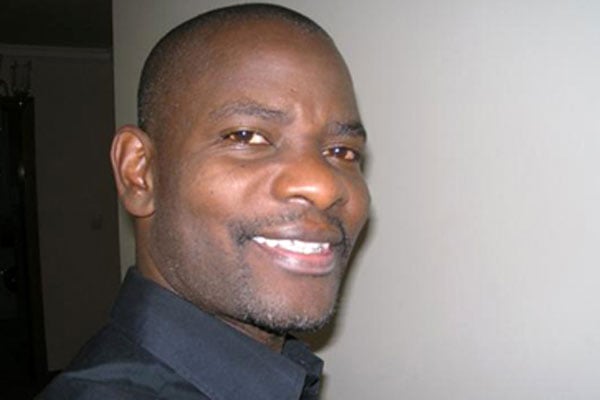Prime
Gabon: Dictators realise they have fake support when it is late

Mr Musaazi Namiti
What you need to know:
- The support dictators believe they have is put to the test when they are in trouble, and most of the time it turns out that they were unpopular rulers pretending to be popular.
Dictators do not ‘bend elbows’ in bars (read: drink), so they never get a chance to hear what people really think of them, as we (ordinary folks) do. Many things they hear are from people who are close to them. These people know what the dictators want to hear, and it is what they nearly always tell them.
Dictators — sometimes called despots or tyrants — organise banquets and parties, but people they invite know a thing or two about tact and diplomacy and will never say anything they think will diplease their hosts. A foreign dignitary may know everything that has gone wrong in the country but will pretend that the dictator has everything under control.
People who serve as aides or confidants of dictators are not always frank with their bosses. It is how they keep their jobs, and because they profit from the dictators’ continued stay in power, they cannot tell them that there is discontent among people.
Dictators live in a world of make-believe. They ignore facts and evidence pointing to their unpopularity and believe what they want to believe, what makes them happy and comfortable.
In 2016, for example, Ali Ben Bongo — who was overthrown last week as Gabon’s president and was defence minister in his father’s government — won an election where turnout in his home province was 99.93 percent, with 95 percent voting for him, according to The Economist. These figures, not dissimilar from what we have witnessed in Uganda’s elections, suggest there was rigging.
Yet Bongo was sworn in and went on to seek re-election — apparently convinced that he is popular. The election commission said he won 65 percent of the vote. In a proper democracy, where elections are free and fair, a candidate cannot win 65 percent of the vote and, hours later, deal with news of a coup in a country he leads.
The support dictators believe they have is put to the test when they are in trouble, and most of the time it turns out that they were unpopular rulers pretending to be popular. Just hours into Gabon’s coup, Bongo cut a forlorn figure in a viral video as he appealed for help in the forlorn hope that the military takeover would be reversed.
He was urging people to “make noise”, but the only noise the people of Gabon were making was in the form of celebrations over the end of a half-century Bongo dynasty.
No dictator in Africa has been defended by people when he is being pushed out of power. In Libya, Muammar Gaddafi died like a rat. The people did not take to the streets to protest his removal from power. In Sudan, Omar al-Bashir is languishing in detention.
Dictators who overstay in power to the point of sparking celebrations when they are overthrown or die should know they overstayed their welcome. The people are saying: “Rest in hell!”
The problem is dictators listen to the lies of their aides and confidants who lead them to think they are indispensable. For example, in Equatorial Guinea, Gabon’s neighbour to the north(west), where Teodoro Obiang Nguema has been a dictator since 1979, an aide once said, in a broadcast, that the ruler is “like God in heaven” who has “all power over men and things”, according to the BBC.
“He can decide to kill without anyone calling him to account and without going to hell,” the aide said, “because it is God himself with whom he is in permanent contact, and who gives him this strength.”
You cannot beat that.
Mr Musaazi Namiti, is a journalist and former Al Jazeera digital editor in charge of the Africa desk, [email protected] @kazbuk




